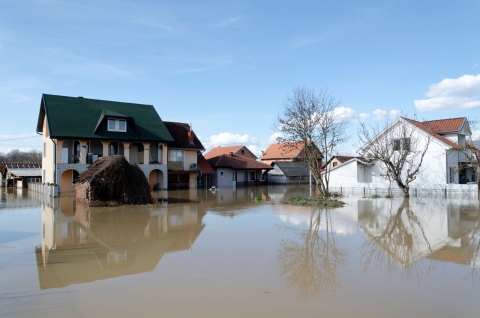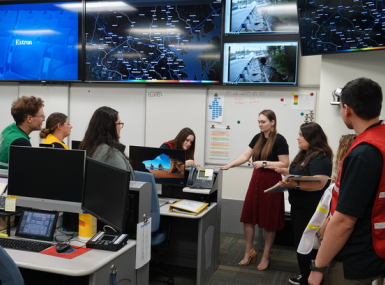House committee discusses permanently authorizing disaster recovery program
Author

Brett Mattson
Upcoming Events
Related News

Key Takeaways
On March 26, the U.S. House Financial Services Subcommittee on Oversight and Reform heard testimony on draft legislation to permanently authorize the Community Development Block Grant – Disaster Recovery (CDBG-DR) program. The Reforming Disaster Recovery Act of 2019 would permanently authorize CDBG-DR as a part of the yearly appropriations process and bring clarity to how the program should be administered. CDBG-DR is used by state and local governments to address unmet needs for housing, infrastructure and economic development recovery in the wake of a presidentially-declared disaster.
Currently, CDBG-DR is funded as a supplemental appropriation, meaning Congress must debate and pass funds on a case-by-case basis depending on how much money is available. Additionally, the U.S. Housing and Urban Development Office of Inspector General (HUD OIG) found that grant applicants must navigate confusing and often duplicative requirements when applying for CDBG-DR funding. This current process has caused delays in grantees receiving key funding streams to start recovery efforts.
The Reforming Disaster Recovery Act of 2019 would address these concerns by requiring:
- HUD to disburse one-third of CDBG-DR funds within 60 days and the other two-thirds within 180 days of congressional appropriation.
- HUD, FEMA and the Small Business Administration (SBA) to work together to improve data sharing and reduce duplication of benefits between the agencies.
- Any CDBG-DR funded construction project, repair or rehabilitation utilize minimum federal standards for flood risk mitigation and storm water protection.
Counties support streamlining the CDBG-DR process and NACo will continue working with Congress to pass legislation permanently authorizing the program.

Attachments
Related News

House passes legislation to increase the Crime Victims Fund
On January 12, the House passed the Crime Victims Fund Stabilization Act (H.R. 909) by a voice vote.

Cross-training helps county 911 scale up for big emergencies
With training, Howard County, Md. staff help filter and respond to non-emergency requests for information and assistance during period of heavy 911 call volume.

CMS requires state Medicaid suspension upon arrest versus termination
Effective January 1, 2026, federal law now requires states to suspend, rather than terminate, Medicaid coverage when an individual is incarcerated.